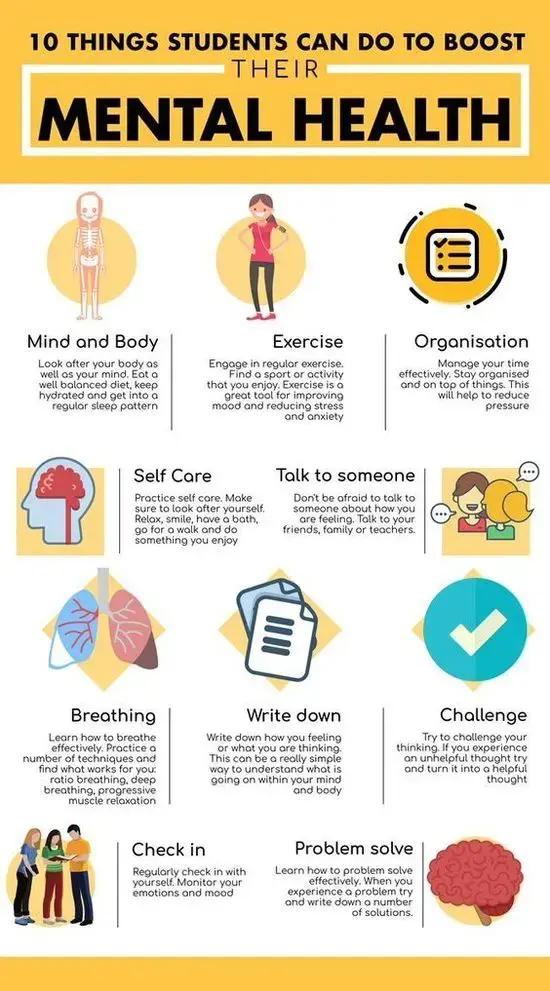Understanding what is social health is essential in a world where human connection influences nearly every aspect of well-being. Social health refers to the ability to form meaningful relationships, communicate effectively, adapt to social situations, and maintain a supportive network. According to the World Health Organization (WHO), social well-being is one of the three core pillars of overall health, alongside physical and mental well-being. In fact, studies show that strong social connections can increase life expectancy by up to 50%, making social health a measurable contributor to long-term wellness.
Modern research also confirms how social interactions influence emotional resilience, stress levels, and cognitive functioning. A 2023 report from the American Psychological Association found that individuals with healthy social relationships show 40% lower levels of chronic stress and better emotional stability. This proves that evaluating what is social health is not optional, it plays a direct role in shaping mental and emotional health.
Understanding What Is Social Health: A Modern Perspective
To understand what is social health, it’s important to look beyond friendships or socializing. Social health includes communication skills, emotional intelligence, cultural awareness, boundary-setting, and the ability to build healthy relationships, both personal and professional. In simple terms, it reflects how comfortably and confidently a person interacts with the world around them.
These concepts help define how social health contributes to mental and emotional stability. Research from Harvard’s 85-year “Adult Development Study” found that quality relationships are the strongest predictor of long-term happiness, even more than money, education, or physical health.
People with strong social health typically show:
- Higher self-esteem
- Better emotional regulation
- Stronger coping mechanisms
- Lower anxiety and depression risk
- Greater sense of belonging
This makes what is social health a key factor in building a mentally and emotionally balanced lifestyle.
The Link Between Social Health and Mental Well-Being
When evaluating what is social health, its connection to mental health becomes clear. Socially connected individuals have a lower risk of mental health disorders due to consistent emotional support and reduced feelings of isolation. Loneliness, on the other hand, has been linked to severe mental health consequences. The U.S. Surgeon General reported in 2023 that chronic loneliness increases the risk of depression by up to 64% and anxiety by nearly 50%.
Healthy social relationships stimulate the release of “feel-good hormones” such as oxytocin and serotonin. These hormones elevate mood, reduce stress, and improve emotional regulation. Meanwhile, social isolation can trigger heightened cortisol levels, which affect memory, concentration, and emotional stability.
Good social health also strengthens cognitive abilities. Studies reveal that people who engage in regular social interaction experience 30% slower cognitive decline, showing that communication and social engagement stimulate brain function. This is why what is social health plays a crucial role not only in emotional wellness but also in long-term mental resilience.
How Social Health Supports Emotional Health
To understand the full impact of what is social health, we must examine its role in emotional well-being. Emotional health refers to how we process feelings, manage stress, build self-awareness, and respond to life challenges. Social interactions strengthen emotional health in several ways:
1. Emotional Validation
Talking with family and friends helps individuals express their emotions and receive support, reducing emotional suppression.
2. Stress Relief
Studies show that people who regularly connect with a supportive group have 23% lower cortisol levels, resulting in better emotional balance.
3. Better Conflict Resolution Skills
Healthy social relationships teach communication, empathy, and problem-solving, key components of emotional intelligence.
4. Increased Sense of Belonging
Humans are social beings, and positive relationships create emotional security and reduce feelings of loneliness.
This means that when one understands what is social health, it becomes clear that it directly shapes emotional stability, resilience, and overall happiness. Healthy relationships act as a buffer against life’s challenges, making people less vulnerable to emotional breakdowns.
Social Health, Lifestyle, and Long-Term Mental Wellness
Exploring what is social health also reveals how it influences lifestyle habits that support mental and emotional well-being. Research shows that individuals who maintain strong social connections are more likely to follow healthy routines such as exercising, eating well, and maintaining positive sleeping habits. A landmark study published in PLOS Medicine found that social integration is linked to a 29% reduction in risk for chronic illnesses and improved psychological functioning.
In communities, social support fosters collective resilience. People with higher social engagement often participate in community activities, volunteer work, and group exercise, all of which contribute to improved mental and emotional health. Social health also reduces the likelihood of harmful behaviors such as substance abuse, excessive screen time, and emotional withdrawal.
It is evident that what is social health extends far beyond socializing, it’s a foundational element of emotional strength, mental clarity, and overall life satisfaction.
Improving Social Health: Practical Strategies
Understanding what is social health is the first step; improving it is the next. Strengthening social well-being is possible through small, consistent actions:
- Enhance communication skills: Practice active listening and empathetic responses.
- Join community groups: Social clubs, volunteering, or sports teams boost engagement.
- Limit digital dependency: Replace screen time with face-to-face interaction.
- Build emotional intelligence: Self-awareness improves relationship quality.
- Maintain a support network: Keep meaningful relationships through regular communication.
- Set boundaries: Social health includes protecting yourself from unhealthy relationships.
Improving social health positively influences mental and emotional health, creating a balanced sense of well-being that lasts.
Conclusion
Understanding what is social health highlights its essential role in strengthening mental and emotional well-being. Social health shapes how individuals interact with others, form relationships, and navigate society. It directly influences stress levels, emotional resilience, happiness, and overall wellness. In an increasingly digital world, building genuine social connections is more important than ever. By improving communication skills, fostering meaningful relationships, and maintaining supportive networks, individuals can significantly enhance their mental and emotional health, ultimately creating a happier and more fulfilling life.
Read also: What Is Intro to Health Science for Teens Exploring Health Careers?
FAQs
1. What is social health in simple words?
Social health refers to your ability to build and maintain healthy relationships, communicate effectively, and interact positively with others.
2. How does social health affect mental health?
Strong social connections reduce stress, lower anxiety, and boost overall psychological well-being.
3. What are the signs of good social health?
Effective communication, strong friendships, emotional support, empathy, and active community involvement.
4. Can poor social health lead to emotional problems?
Yes. Social isolation increases the risk of depression, loneliness, and emotional instability.
5. How can I improve my social health?
Practice communication, participate in activities, nurture relationships, and maintain a balanced social life.
References (Authentic Sources)
- World Health Organization (WHO) – Social Determinants of Health
- Harvard Study of Adult Development – Relationship Quality Research
- American Psychological Association – Social Support & Mental Health
- U.S. Surgeon General Report on Loneliness (2023)
- PLOS Medicine Journal – Social Integration & Wellness



